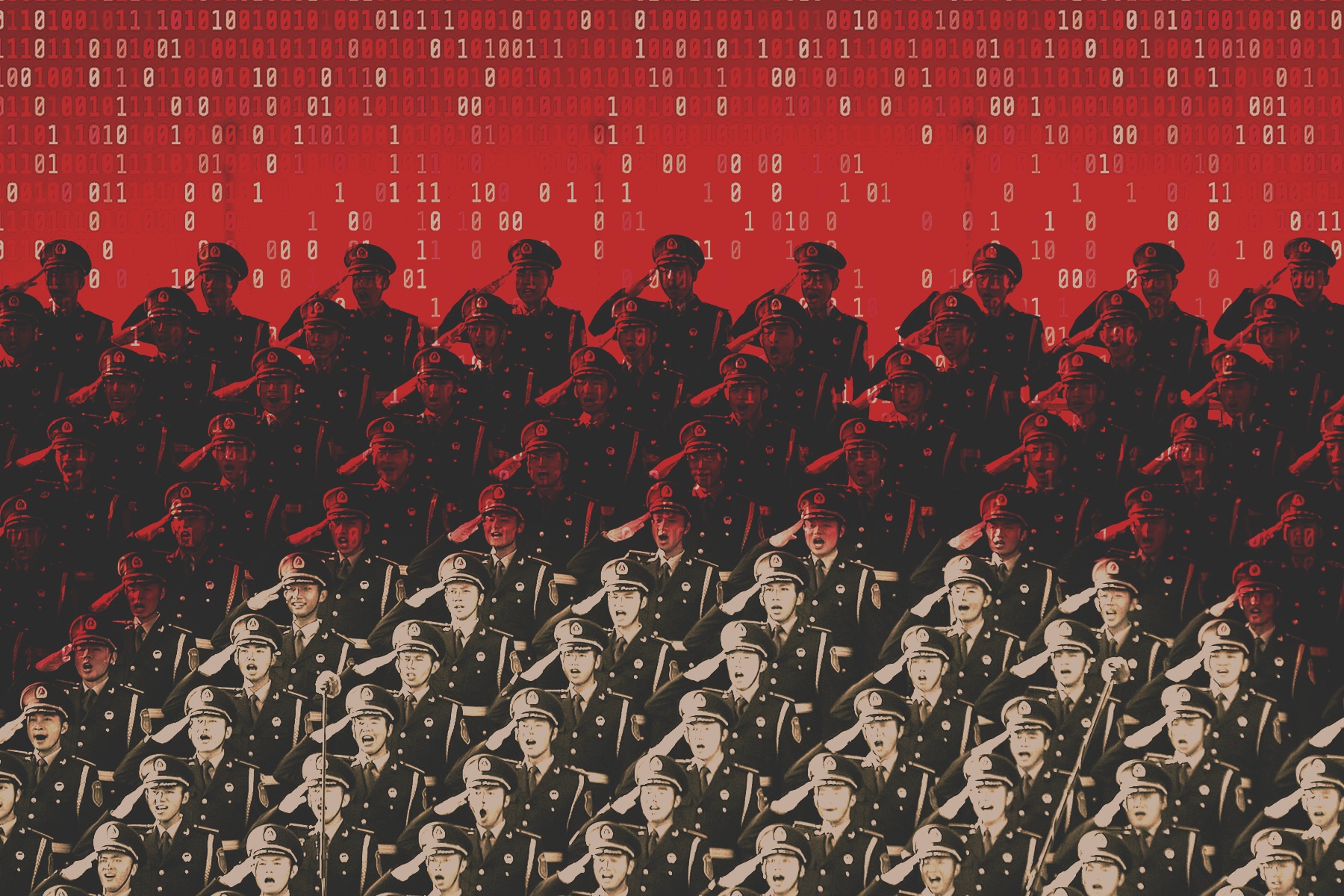Military-Civil Fusion
In today’s era of rapid technological evolution, military-civil fusion is of paramount importance. It enables nations to efficiently harness innovation, ensuring that technological progress benefits both defense and civilian sectors. This approach fosters collaboration between academia, research institutions and private companies, creating a synergistic ecosystem. By pooling resources, expertise and infrastructure, military-civil fusion accelerates technological breakthroughs, strengthens national security, and boosts economic competitiveness in a way that aligns security interests with broader societal advancements.
However, military-civil fusion also serves as a dimension of the U.S.-China relationship. Notably, companies like Huawei showcase the blurring lines between civilian telecommunications and potential military applications, raising concerns over technology transfer and national security risks. This dual-use approach has the potential to reshape power dynamics and global security. As China seeks to harness emerging technologies for dual purposes, the international community must grapple with the challenges of arms control, security and the ethical implications of civilian technologies being co-opted for military applications.

Commissioner for Military-Civil Fusion
Industry is the battlespace of great power competition in the 21st century. Nation-states are leveraging cutting-edge technology, talent, and supply chains to advance their economic and military objectives. I’m grateful to be a part of the Krach Institute for Tech Diplomacy at Purdue's efforts to marshal the capacity of industry leadership and define the path forward for America and our allies to compete and prevail in this battle.

Communist Chinese Military Companies Listed Under E.O. 13959 Have More Than 1,100 Subsidiaries
Citizens around the world are waking up to the truth about the CCP’s three-prong strategy of concealment, co-option, and coercion. The CCP’s concealment of the virus resulted in the pandemic, its co-option of Hong Kong has eviscerated the freedoms of its citizens, and its relentless coercion of the Uyghur people has continued in the brutal internment camps of Xinjiang.

Biden administration concerned about U.S. investments in Chinese tech companies with military or surveillance ties
In 2020, a fast-rising artificial intelligence company in China won a little-noticed contract from a Chinese military academy to provide battlefield command software — technology that defense experts say could become part of the military’s operational network.

